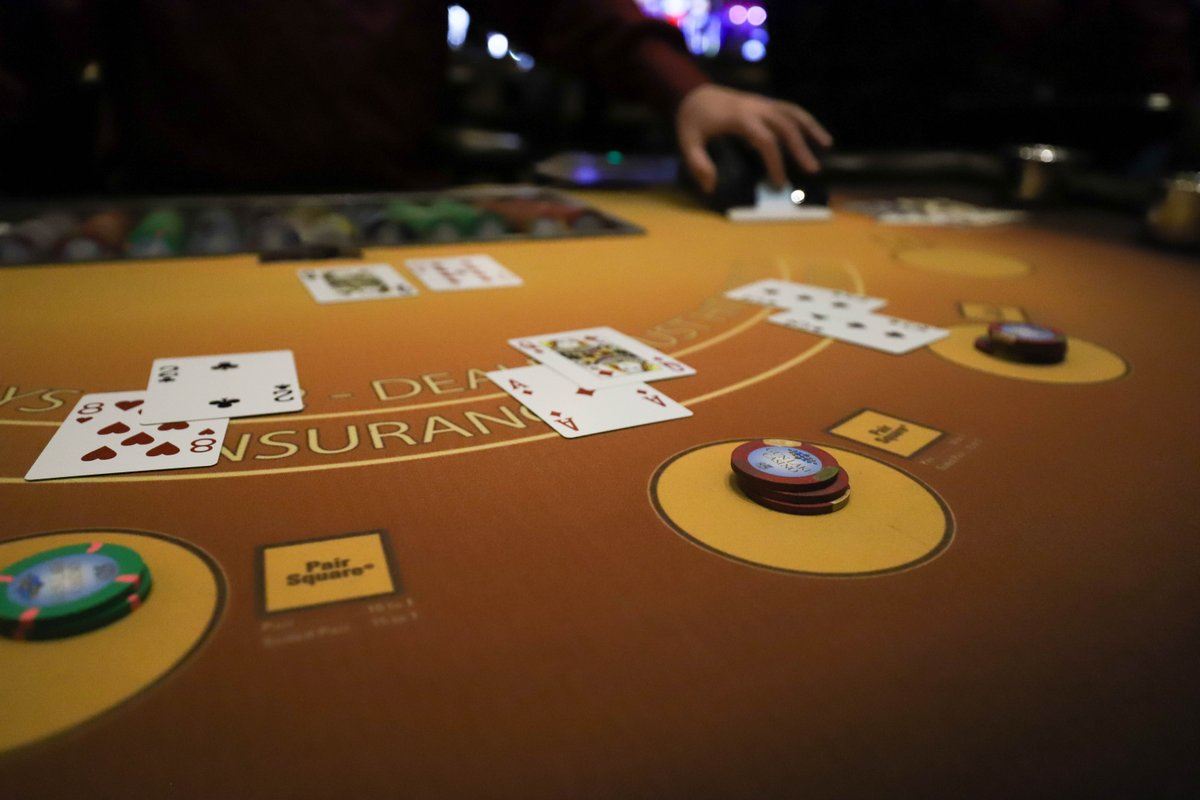Michigan Tribal Casino, Community College Partner to Offer Blackjack Dealer Academy
Posted on: September 16, 2019, 07:48h.
Last updated on: September 17, 2019, 01:33h.
Gun Lake Casino and Grand Rapids Community College (GRCC) have announced a partnership to develop a job training program to help the Michigan-based tribal casino find more blackjack dealers.

Starting next month, the Blackjack Dealer Academy at GRCC will consist of a series of classes that will provide aspiring casino employees with 48 hours of training. The classes come as Gun Lake, which is operated by the Match-E-Be-Nash-She-Wish Band of Pottawatomi, stated in a release it needs more than 25 dealers, mostly for second and third shift positions.
Similar dealer-training programs have been in place in Maryland with Horseshoe Baltimore, and in western Massachusetts for MGM Springfield. GRCC officials believe this is the first time a Michigan tribal casino has partnered with a community college in the state.
We look at it as an opportunity to be responsive to the needs of our community,” Dave Murray, GRCC’s director of communications, told Casino.org. “Community colleges are often working with local employers to fill needs for people with in-demand skills for rewarding jobs. This is another example of that.”
To participate in the training, which the casino’s trainer will provide, students must be at least 21 years of age and have either a high school diploma or equivalent. Gun Lake is covering most of the cost for the courses, with students paying just a $25 fee.
Comparatively, the programs in Massachusetts and Maryland charge per class, with classes costing between $197 and $737 each. However, those programs include instruction on other casino table games, such as roulette and Pai Gao poker.
Partnership a ‘Natural Fit’
Gun Lake is located in Wayland, less than a half-hour south of Grand Rapids and roughly halfway between Grand Rapids and Kalamazoo. The casino offers 47 table games.
Students who complete the coursework will receive a certificate from the academy. If they pass an audition with the casino and secure a gaming license, Gun Lake officials will guarantee jobs for the students.
Casino officials said in a release that the blackjack dealer jobs will pay, on average, between $18 and $22 per hour. That figure includes both base pay and tips. Other benefits include free healthcare and free meals during shifts.
A full-time dealer job at 40 hours per week paying $20 an hour would provide an annual income of $41,600. That nearly matches the median household income of $44,369 for Grand Rapids, based on US Census Bureau data.
Jose Flores, Gun Lake’s vice president and general manager, told Casino.org the dealer position is considered an entry-level job and there’s always a demand.
“At Gun Lake Casino, we believe strongly in promoting from within, and have established internal training programs, along with offering a strong tuition reimbursement program to prepare all team members to step into other positions within our organization,” he said.
Spots Still Available
Murray said two sessions of blackjack dealer classes will be held initially. The first will take place over a six-week period on Tuesday and Thursday nights, while the other will run five weeks and run Friday and Saturday mornings and afternoons. A Gun Lake instructor will teach the classes.
The community college has held a meeting with the local workforce development board and plans two information sessions for the public. The first of those will take place on Wednesday.
According to the program’s Website, 12 spots remain open between the two sessions.
While Gun Lake partners with GRCC, it will continue to hold its own free training classes as well, Flores said.
“We have partnered with GRCC to provide another training avenue to support our local communities with employment opportunities,” he added.
No comments yet